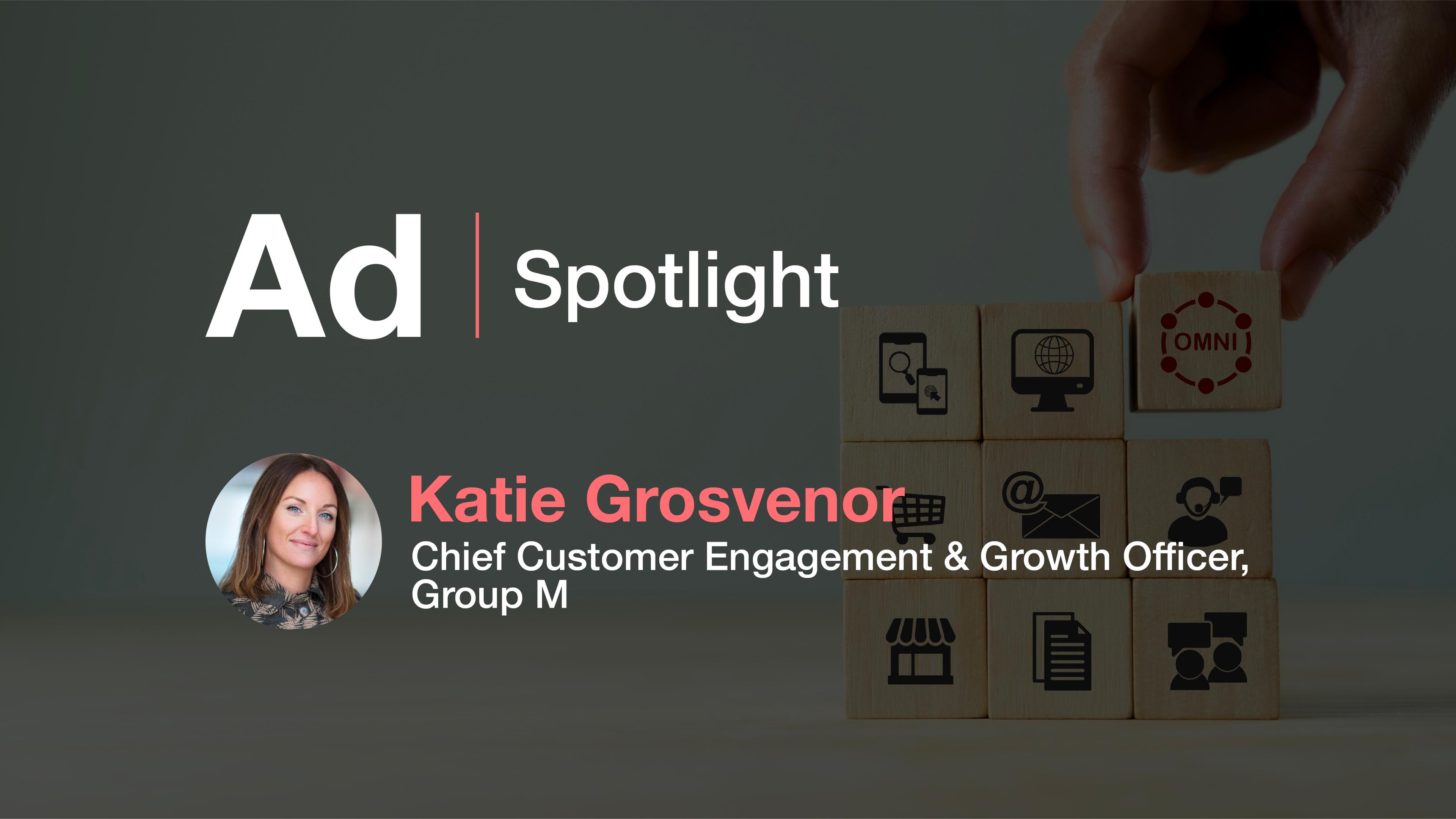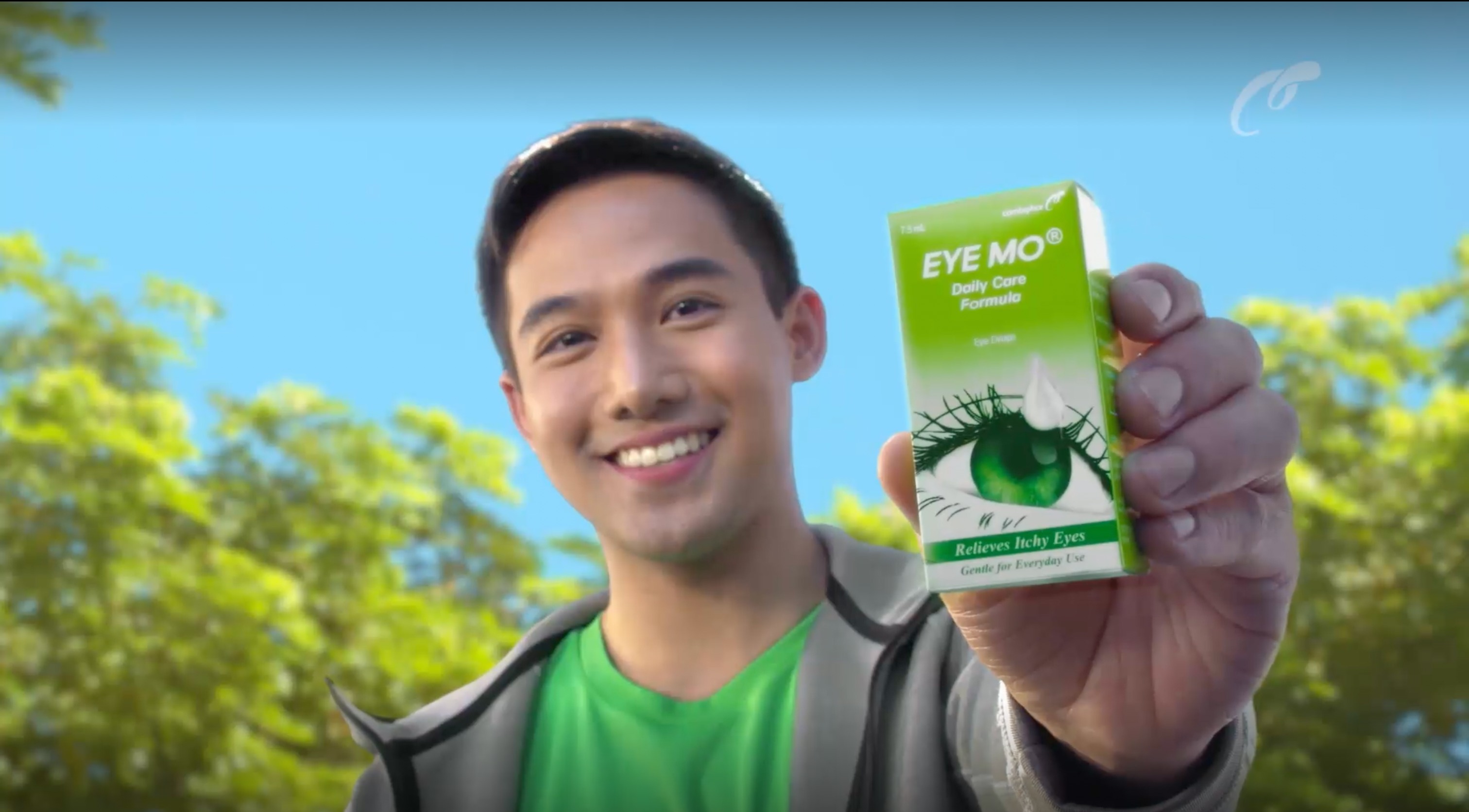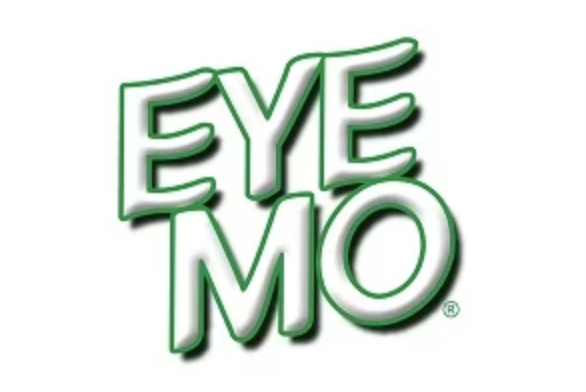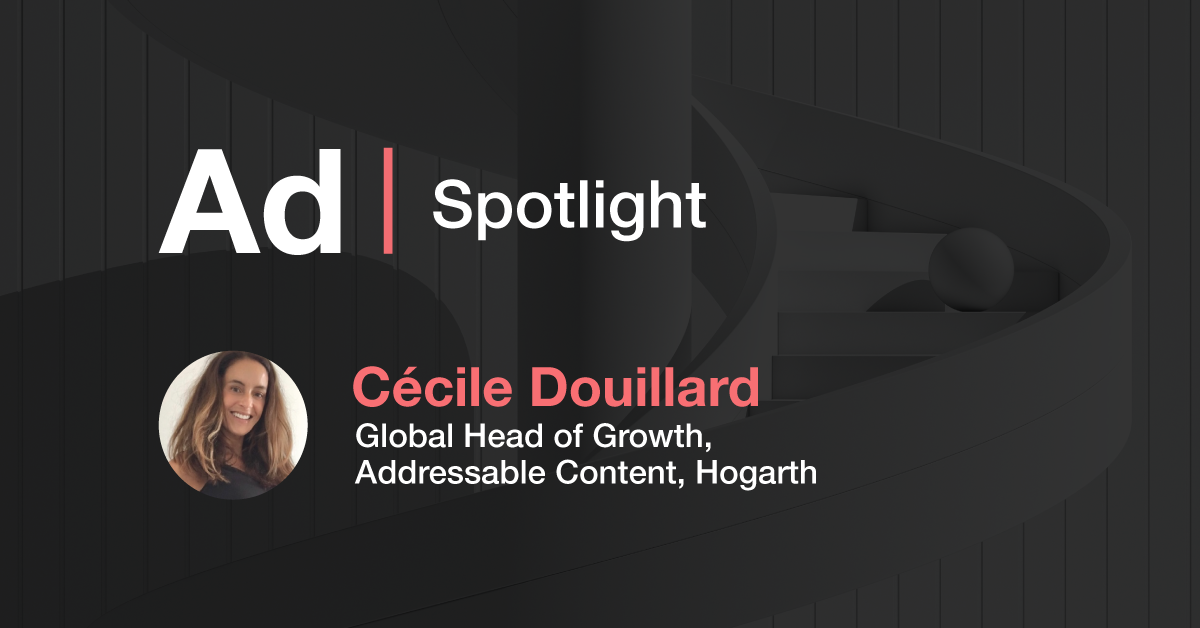Ad Spotlight: Katie Grosvenor, Chief Customer Engagement & Growth Officer, GroupM

Welcome to the Ad Spotlight series where we hear from a different guest from the industry each month to get an insight into the landscape of advertising as well as their own personal experiences.
Our guest this month is Katie Grosvenor. After Katie rejoined GroupM in 2021 as Chief Customer Engagement & Growth Officer from Integral Ad Science.
With extensive experience in media, technology, new business and client relationships, who better to speak to about the direction of the industry.
Q: Why did you choose a career in advertising?
A: For as long as I can remember I’ve loved television, movies, music videos (Take On Me, of course) and adverts, and had always seen advertising as a route to pursue if film and music video fame didn’t come my way.
After a short-lived career working for a University, I packed a bag and came to London where a recruiter told me media would be a good fit. She gave me a fiver and sent me off in a cab in the direction of MediaCom. Getting a job in the ‘00s was a bit different.
I’ve loved the direction my career and the industry have taken ever since. Media is such a creative space and transforming so fast. There’s particularly a lot of developments in the TV industry right now. Businesses like Finecast are pushing the boundaries.
Q: What are the biggest challenges facing the advertising industry right now?
A: Retaining talent is one of the biggest challenges the industry faces, but also the biggest opportunity.
The last two years have been tough. There has been a 41% increase in people contacting NABS, the wellbeing charity for people in advertising, since the pandemic and we saw many people choosing to leave for new careers, or in some cases, to avoid burnout. The changing work landscape has given people time to reflect on what they want to do, where they want to go, and how they want to work.
The good thing is people now have options. So, as an industry, the challenge becomes how we can enable people to grow beyond their career, to establish an inclusive environment for people to be creative and fulfilled without compromising their personal lives. And importantly, with more choice than ever, how the industry can collaborate in making it more attractive and a destination place to work.
Q: Sum up the future of advertising in 3 words…A: Responsibility– The last 24 months have further highlighted the impact of advertising within society, and we recognise the industry’s collective power has to be a force for positive change. Businesses have started to consider their role in developing, creating and implementing work in a socially and environmentally responsible way.
Accessibility – Whilst change isn’t happening quick enough, I do think the industry has started to make progress on broadening our talent pool and recruiting talent from previously overlooked places. Within our organisation we remove biases and barriers for career progression. People should no longer have to ‘cover’ to be successful or fulfilled.
Adaptability – The pandemic taught us just how good we are at adapting and how resilient we are – as humans and as an industry. We found ways to innovate to our situation, be that how we worked, communicated with our loved ones, or continued running businesses. Some of our behaviours have fundamentally changed. According to the Wunderman Thompson report 85,000 UK businesses launched or joined online marketplaces in 2020, a phenomenal sign of companies quickly recognising opportunities to grow as consumer behaviors change.
And if I could have a fourth, just hugely exciting.
Q: What is your biggest career highlight?
A: All the opportunities I’ve been given, or taken, to learn and develop have been highlights, where I’ve really had to push through what I thought was possible of myself. In 2017, I left pretty much the only place I’d worked in my adult life for the tech world because I knew there were significant areas I had to learn about to have a more rounded perspective of our world. I pulled the rug out from under myself to test myself. Doing that, seeing how different companies work, buyers, sellers, brands and addressing some of my gaps enabled me to come back with a wider perspective of what’s required in our ever-changing industry.
Q:…and biggest regret?
A: Taking too long to figure out the most optimal way of working to maintain energy and creativity. Years of being ‘always on’ meant I didn’t stop to notice when and how I worked best. It took lockdown to appreciate the ‘Flow’ of my energy and what it took to be most productive, and most fulfilled. I now recognise when I need to step away from the laptop and find an environment where I can plan and be creative. It is sad that it took this seismic change over the past two years to appreciate how much more productive we can all be when given the freedom to work in a way that suits us best.
Q: What is your favourite advert?
A: I’m a child of the ‘80s so it has to be the Secret Lemonade Drinker. Who doesn’t appreciate sneaking down for a glass of lemonade in the middle of the night. I even have similar glasses on as the man in the ad as we speak.
Let’s change gears and pick your brains on your area of expertise – engagement and growth
Q: What are the 3 must haves for securing and nurturing new business and customers?
A: 1) Don’t go into that initial meeting so focused on what you want to say that you don’t listen to what the client is saying.
2) Invest time in understanding the challenges and ambitions in equal measure for each project, client, or campaign.
3) Whether a customer-agency relationship or one with a supplier, things go wrong when there are misaligned expectations of one another. Have the conversation at the beginning about how you are going to show up for one another.
Q: How does a company become more customer-driven?
A: Creating a customer-centric culture where everyone understands they are responsible for delivering for client satisfaction regardless of the department they work in. You don’t need to be customer-facing for that culture to be there, but it requires breaking down silos and cross-team collaboration.
One of the biggest mistakes companies make is reorientating their business without asking about their customer needs first. Always stop to think, ‘Does this fit the needs of our customers?’. ‘Does it work with the way they work?’. When you do introduce changes, keep customers updated with the process and they’ll be more receptive to it.
Q: What are the dos and don’ts for building company culture and inclusion?
A: The biggest mistake you can make is not demonstrating the values you profess to have. When there is a connection between what a company says, and what it does, you’re going to trust the business and respect the people you work for.
Creating psychological safety is another key area. Making sure people feel empowered to be themselves and confident to speak up without being judged or talked over. This is more important than ever as the industry tackles the challenges surrounding retaining talent.




